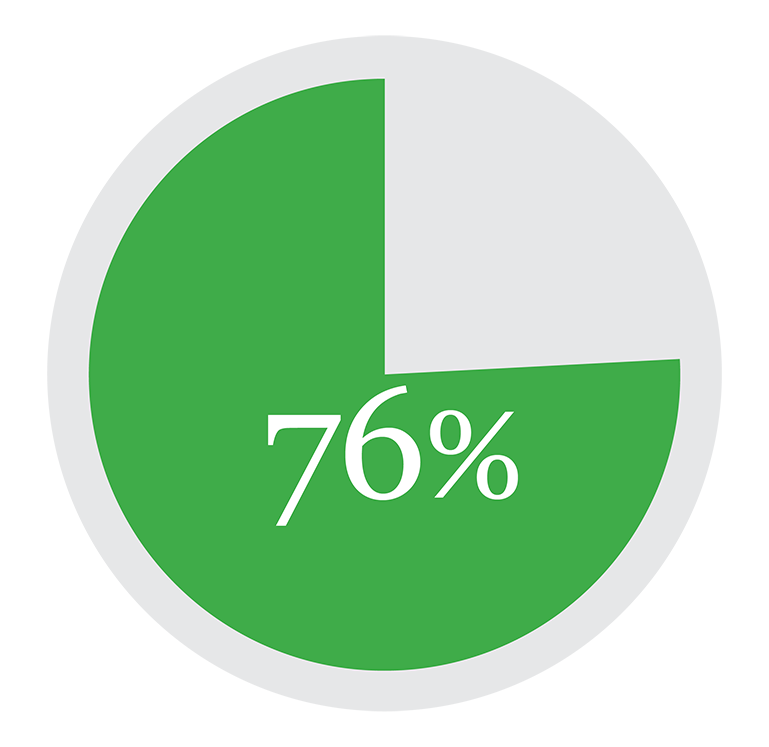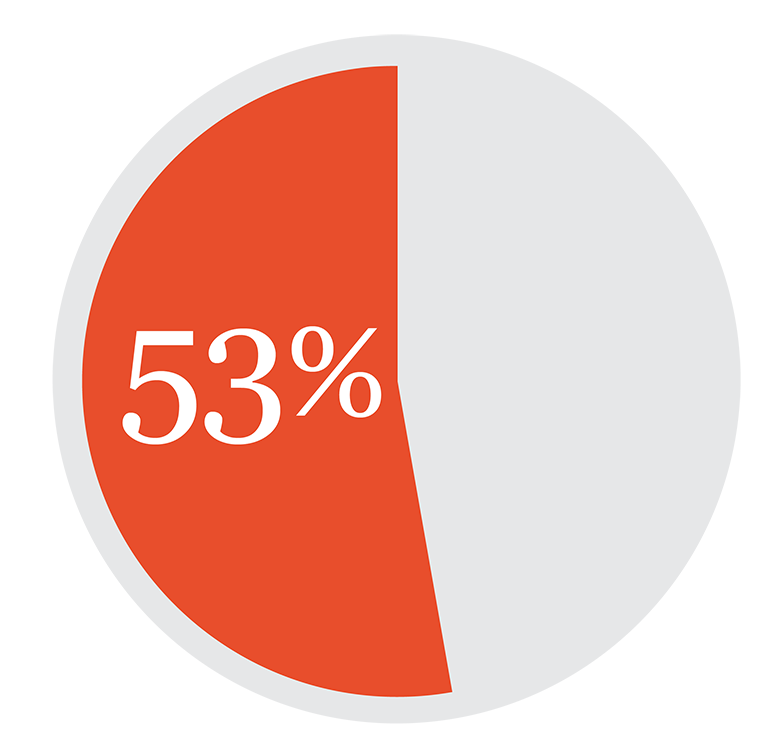Republican, Democrat, third party or independent, we can all agree that the current pay-to-play campaign finance system is and keeping us from collectively addressing the most basic problems facing our country.
When the interests of big campaign donors and lobbyists are favored over the needs of the public, we all pay the price—whether it be inadequate schools, rigged markets, rising deficits, climate change, government waste, crumbling infrastructure or a host of other pressing issues we just cannot seem to fix. But what can be done?
Watching super PACs and dark money “issue groups” (funded by wealthy interests and working closely with candidates to win elections) and hearing about how the courts have rejected campaign finance rules, it is easy to believe that there is no longer a place for the provisions that have traditionally constituted the backbone of our campaign finance system. But look closely and you will see that those proclaiming reasonable reforms are doomed are often the same people who have the most to gain from a system without limits and disclosure.
% OF VOTERS WHO AGREE LARGE POLITICAL CONTRIBUTIONS PREVENT CONGRESS FROM TACKLING IMPORTANT ISSUES
In some recent court cases, the most well-known of which is Citizens United v. Federal Election Commission (FEC), a divided Supreme Court overruled decades of previous decisions and gave corporations and unions the right to make unlimited independent expenditures in political campaigns. Likewise, in McCutcheon v. FEC, the Court struck down the overall limits, established by the Federal Election Campaign Act of 1971 (FECA), on what an individual can give in the aggregate to all candidates, party committees and political action committees (PACs). In so doing, the Court rejected the long-held view that the prevention of the appearance and actuality of political corruption was sufficient justification for reasonable campaign finance laws. Instead, the Court now believes the only valid justification for campaign limits and prohibitions is the prevention of real or apparent quid pro quo corruption. To put it bluntly, this Supreme Court believes that an elected official feeling beholden to large donors is just part of a healthy democracy.
However, that is just part of the story. For example, both Citizens United and McCutcheon left untouched laws prohibiting direct or indirect corporate contributions to a candidate or limiting the amount an individual can contribute to a candidate. At the same time, the Court has consistently endorsed full and timely public disclosure of campaign spending. Even while striking down limits on independent expenditures and narrowing the type of activity that can be regulated, the Court has repeatedly said that “independent expenditures” have to be truly and completely independent of the candidates. This Court never envisioned candidates having their own super PACs or working hand-in-hand with those supposedly “independent” campaign spenders.
% WHO THINK MONEY HAS TOO MUCH INFLUENCE IN AMERICAN POLITICAL CAMPAIGNS
Most importantly, starting with Buckley v. Valeo, the Supreme Court has upheld campaign funding systems that allow candidates to voluntarily agree to limit or restrict their fundraising and spending in return for partial or complete public funding of their campaigns. These systems can reduce or eliminate a candidate’s reliance on money and empower small donors.
What this means is that while the road forward may be harder than it was 10 years ago, there are many short-term and long-term solutions and strategies available that will allow us to start fixing the problem. These solutions share common values and can certainly pass muster with the current Supreme Court. Taken together, they can go a long way toward creating a much more responsive, collectively governed democratic republic.
% WHO FAVOR CAMPAIGN CONTRIBUTION LIMITS
% WHO THINK POLITICIANS ARE MORE LIKELY TO REPRESENT THE MONEYED INTEREST THAN DO WHAT IS IN THE PUBLIC GOOD







